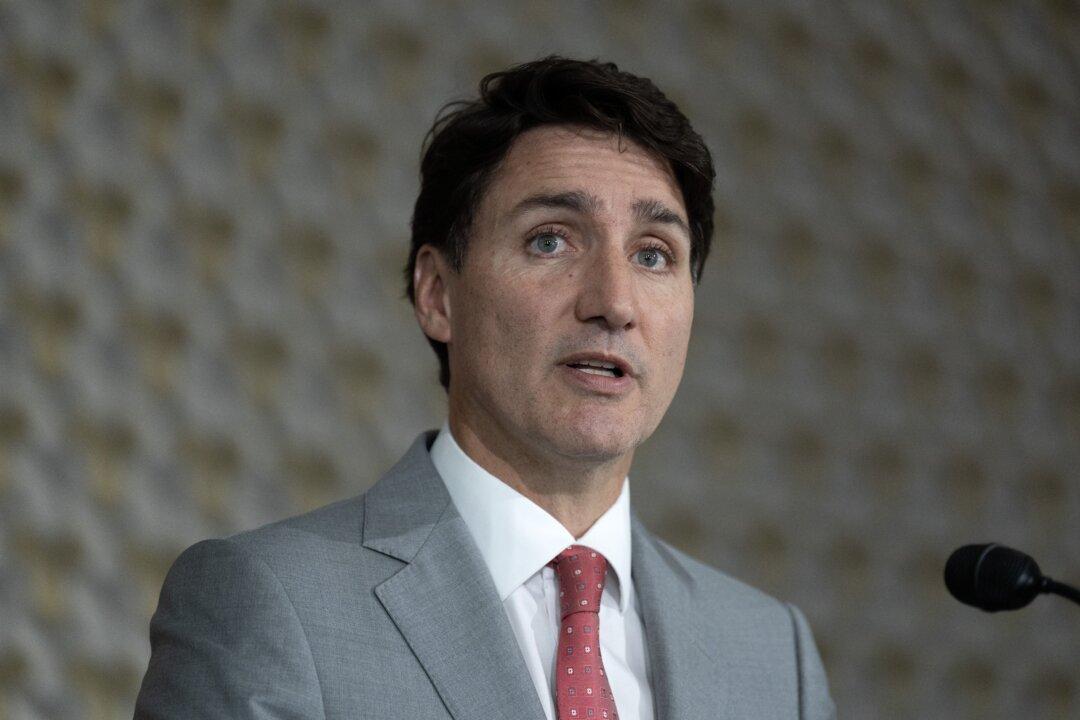After Canada and India conducted tit-for-tat expulsions of diplomats, Prime Minister Justin Trudeau accused India of making a “fundamental error” of using its officials in Canada to engage in criminal activity.
“India made a fundamental error in thinking that they could engage in supporting criminal activity against Canadians here on Canadian soil, whether it be murders or extortion or other violent acts,” Trudeau said in a press conference in Ottawa on Oct. 14.





